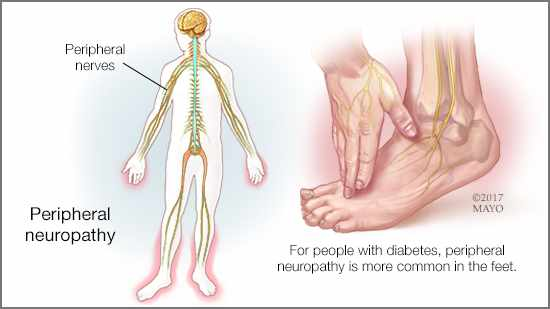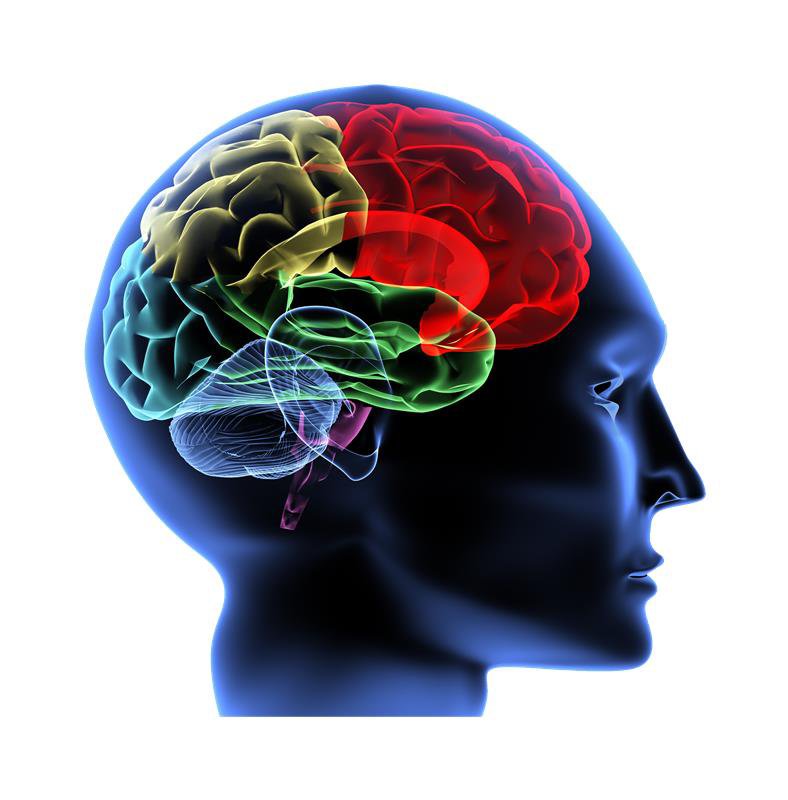Neuropathy

Neuropathy
Neuropathy is damage or dysfunction of one or more nerves that typically results in numbness, tingling, muscle weakness and pain in the affected area. It frequently starts in the hands and feet, but other parts of the body can be affected too.
Causes for peripheral neuropathy varies. These include diabetes, chemo-induced neuropathy, hereditary disorders, inflammatory infections, auto-immune diseases, protein abnormalities, exposure to toxic chemicals (toxic neuropathy), poor nutrition, kidney failure, chronic alcoholism, and certain medications – especially those used to treat cancer and HIV/AIDS. In some cases, however, even with extensive evaluation, the causes of peripheral neuropathy in some people remain unknown – this is called idiopathic neuropathy.
There are 4 types of Neuropathy
- Autonomic- occurs in the nerves that control involuntary functions of the body, such as digestion, urination, or heart rate.
- Peripheral- this affects the feet and hands. It is a common form of diabetic neuropathy.
- Proximal-damages nerves along a specific distribution in the body, such as the chest wall or legs.
- Focal-is a condition in which you typically have damage to single nerves, most often in your hand, head, torso, or leg. This type of nerve damage is not so common.
